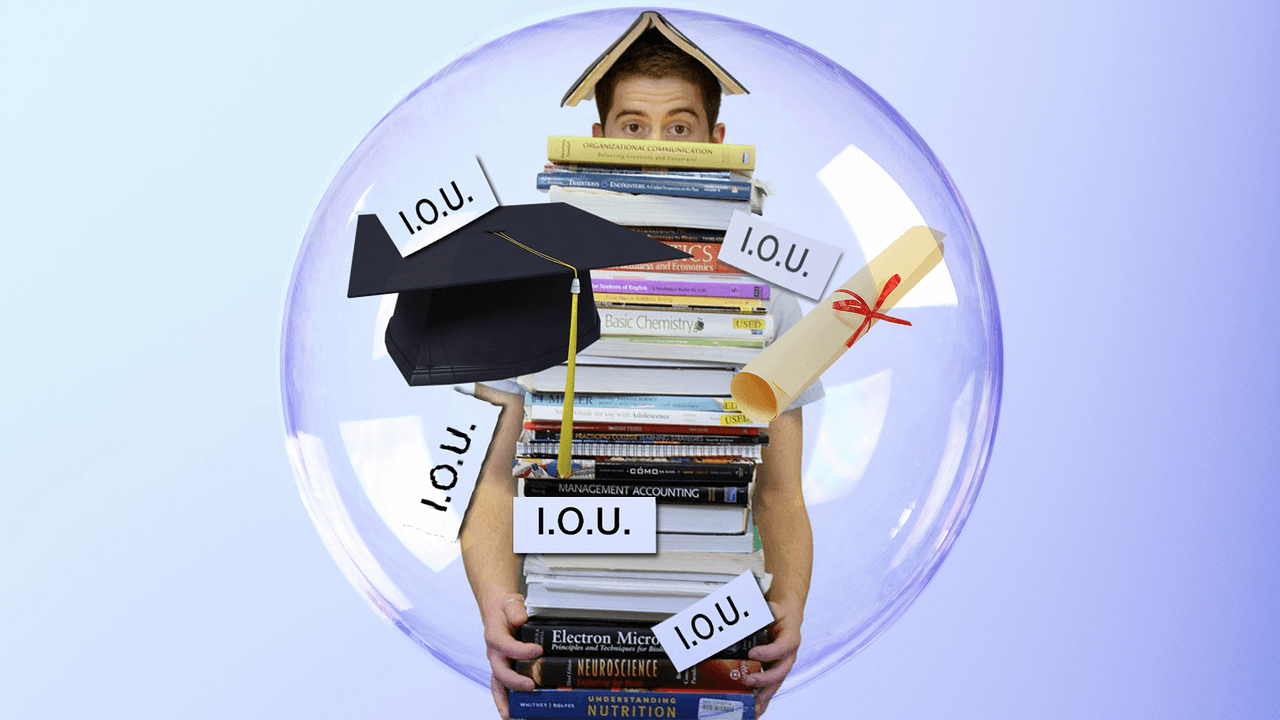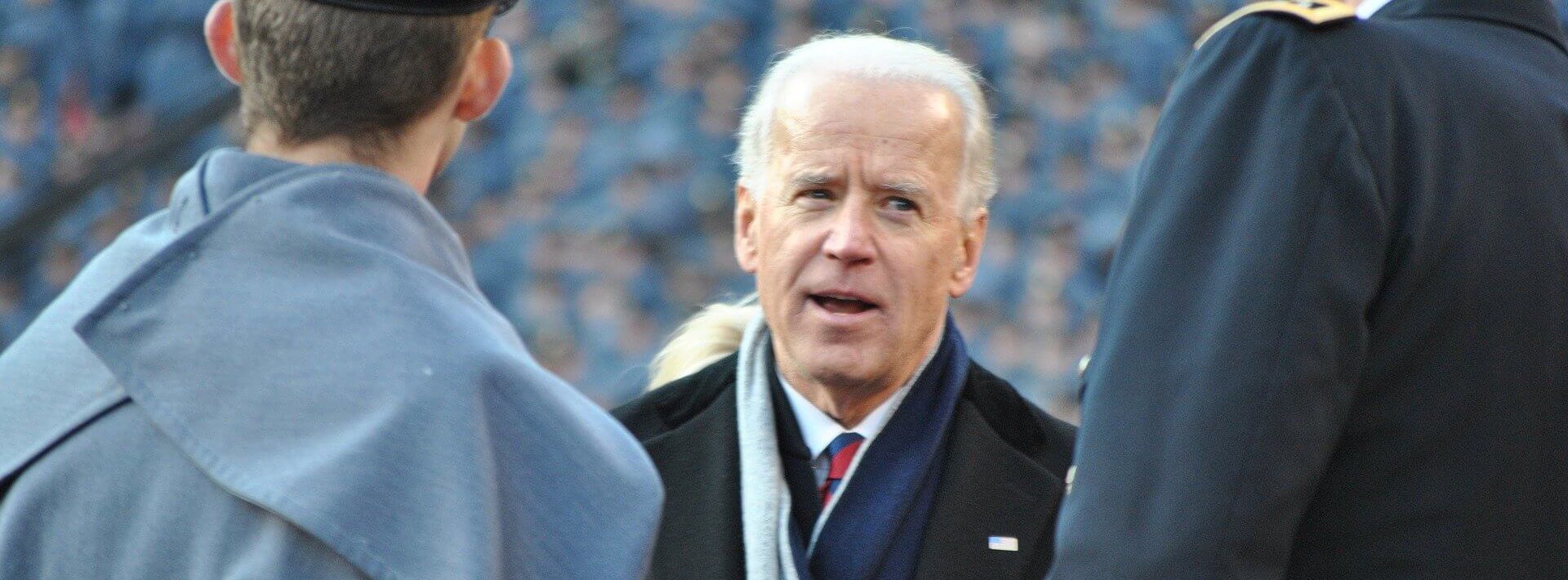Student-centric advice and objective recommendations
Higher education has never been more confusing or expensive. Our goal is to help you navigate the very big decisions related to higher ed with objective information and expert advice. Each piece of content on the site is original, based on extensive research, and reviewed by multiple editors, including a subject matter expert. This ensures that all of our content is up-to-date, useful, accurate, and thorough.
Our reviews and recommendations are based on extensive research, testing, and feedback. We may receive commission from links on our website, but that doesn’t affect our editors’ opinions. Our marketing partners don’t review, approve or endorse our editorial content. It’s accurate to the best of our knowledge when posted. You can find a complete list of our partners here.
When Do You Start Paying Student Loans?
 By
Kayla Korzekwinski
By
Kayla Korzekwinski 
Kayla Korzekwinski is a Scholarships360 content writer. She earned her BA from the University of North Carolina at Chapel Hill, where she studied Advertising/PR, Rhetorical Communication, and Anthropology. Kayla has worked on communications for non-profits and student organizations. She loves to write and come up with new ways to express ideas.
Full BioLearn about our editorial policies

When borrowers take out a student loan, repayment does not begin right away in most cases. If you’re still attending school or recently graduated, you may be wondering when you start paying student loans back. Payments on student loans can be delayed by a grace period or deferment for parent PLUS loans. Continue reading to learn more about when to start paying student loans!
Don’t miss: Scholarships360’s free scholarship search tool
Grace period
Many student loans have a grace period. It begins when you graduate, drop below half-time enrollment, or leave school. The grace period is a time for the borrower to find employment and establish their finances before having to make monthly payments.
The length and conditions of the grace period depends on the lender and the type of loan.
See also: What is a student loan grace period?
Federal student loans
All Direct loans, subsidized or unsubsidized, have a grace period of 6 months. Direct unsubsidized loans accrue interest during the grace period. Subsidized Direct loans don’t accrue interest during the grace period. They begin accruing interest when repayment starts.
Federal parent PLUS loans do not have a grace period. Payment on parent PLUS loans begins when the loan is disbursed. However, parent PLUS loan borrowers can request that monthly payments be deferred while the student for whom the loans were borrowed is still in school. A request form must be completed to receive this grace period.
PLUS loans for graduate or professional students receive an automatic 6-month grace period when the student leaves school.
Also see: Grants to help pay off student loans
Private student loans
Many private lenders, such as Sallie Mae, have a grace period. However, not all lenders have a grace period. And, if they do, the length can differ from lender to lender. Typically, the grace period for private loans is 6 months. Remember, private loans accrue interest during the grace period.
Loan consolidation = End of grace period
It’s also important to note that if you choose to consolidate or refinance your loans, you will forfeit the grace period because repayment begins when the loan is paid by the lender. However, you can instruct your servicer to not disburse the loan until closer to the end of your grace period.
Be sure to read all the information about the grace period before you take out a student loan and before you consolidate loans.
Also see: Consolidation vs refinancing
How to prepare for student loan payments
Even if you don’t have to pay immediately, the grace period is not a vacation from your student loans. Borrowers should use the time to prepare for payments. Confirm that your contact information is up-to-date with your loan servicer, research repayment plans, and create a budget.
Also see: 15 companies that help employees pay off student loans
Do your research and pay attention to dates!
Be sure you’re aware of when your grace period ends, and when you must begin making student loan payments. This will get you started off on the right foot and on track to be debt free!
Also see: How to consolidate and refinance student loans
How do I know when my first student loan payment is due?
Are loans removed from your credit report after 7 years?





